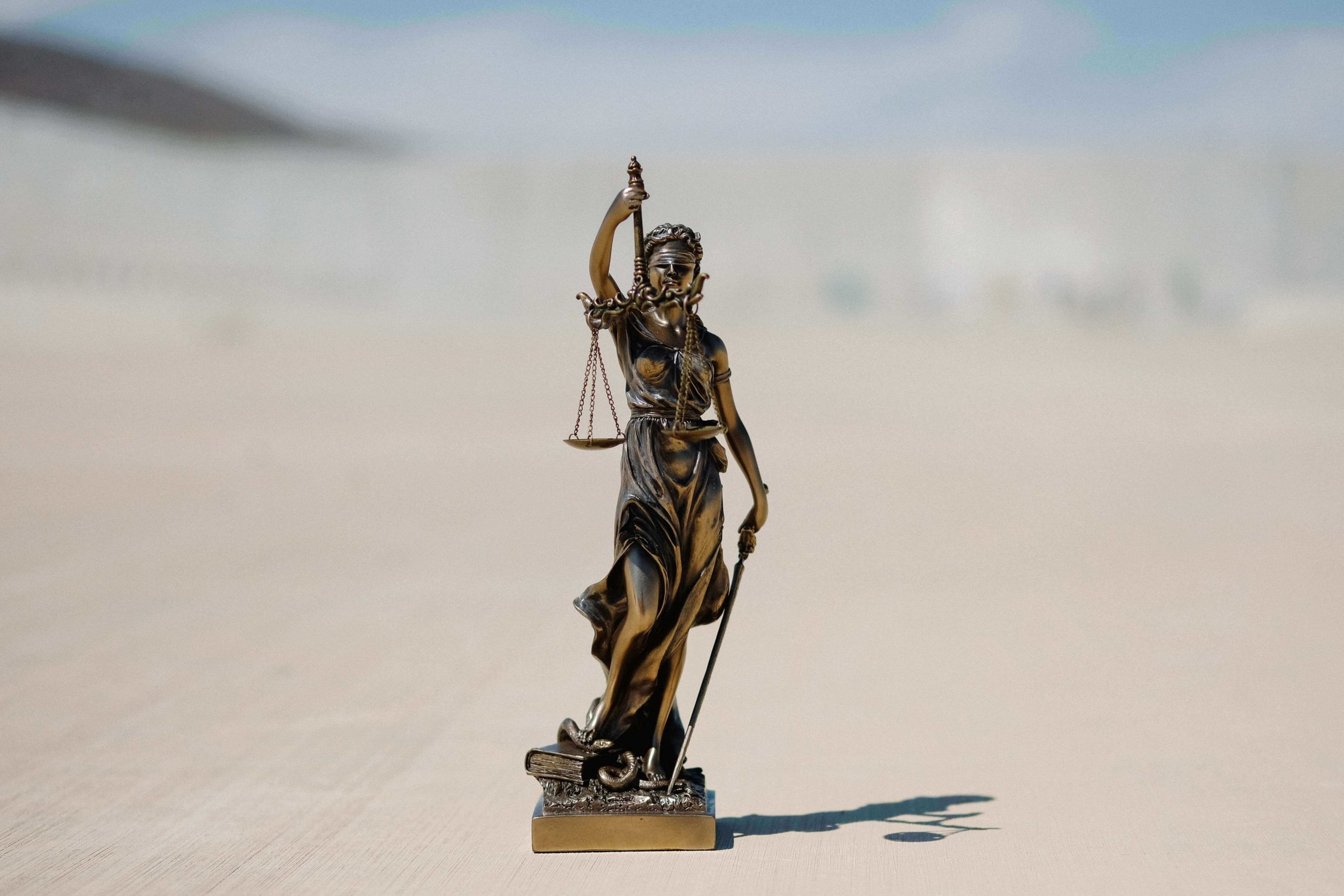Premises Liability in California: What You Need to Know
Premises liability, a fundamental legal concept, places the onus on property owners to take responsibility for injuries that occur on their premises. In California, this area of law holds paramount importance for both property owners and individuals who have sustained harm while on someone else’s property.
Table of Contents
A thorough comprehension of the nuances surrounding premises liability can be a game-changer if you ever find yourself in such a situation. It delineates the legal obligations and rights of property owners, providing a framework for assessing liability in cases where accidents or injuries transpire on their premises.
Whether it’s a slip and fall incident, inadequate maintenance leading to hazardous conditions, or other unforeseen mishaps, understanding premises liability empowers both property owners and those who have been injured to navigate these situations with clarity and confidence. This awareness serves as a crucial pillar in safeguarding the well-being and legal rights of all parties involved.
Defining Premises Liability
In California, premises liability cases work under the duty of care . This is what property owners owe to visitors. This includes maintaining their property in a safe condition and warning about any potential hazards. Visitors can be categorized into three main groups:
- Invitees: These are individuals who are invited to the property in a store.
- Licensees: These are guests who have permission to be on the property but are not there for the direct benefit of the owner, like social guests.
- Trespassers: While property owners generally owe a lower duty of care to trespassers, there are still limitations on what they can do to prevent foreseeable harm.
Common Scenarios of Premises Liability
Premises liability cases can come from various situations:
Slip and Fall Accidents:
- Often caused due to reasons like wet floors, uneven surfaces, or inadequate lighting.
- Property owners are responsible to ensure that walking surfaces are safe and free from hazards.
Inadequate Maintenance:
- Neglecting repairs or general upkeep can lead to dangerous conditions.
- This may include issues like broken handrails, damaged flooring, or malfunctioning elevators.
Dog Bites and Animal Attacks:
- Owners are legally answerable for the behavior of their pets.
- Proper control and restraint of animals are vital to prevent harm to others.
Negligent Security:
- Property owners must provide reasonable security measures to protect visitors and residents.
- This includes measures like proper lighting, functioning security cameras, and security personnel.
Dangerous Conditions Caused by Third Parties:
- Property owners can be liable if they knew of previous criminal activities on their premises and failed to take appropriate precautions.
- Implementing security measures and warning systems can help prevent foreseeable harm.
Hazardous Construction or Design:
- Poorly designed or constructed properties can pose risks to occupants and visitors.
- Property owners and constructors are responsible for ensuring that buildings meet safety standards.
Swimming Pool Accidents:
- Inadequate fencing or failure to enforce safety rules around swimming pools can lead to accidents, especially for children.
Toxic Substances and Hazardous Materials:
- Property owners must properly store and handle hazardous materials to prevent harm to residents and visitors.
- Failure to take the measure can lead to serious health risks.
Elevator and Escalator Accidents:
- Property owners are responsible to make sure that elevators and escalators are regularly inspected and maintained to prevent accidents.
Lack of Warning Signs or Hazard Alerts:
- Property owners must provide adequate warnings of potential dangers, such as wet floors or construction zones.
Understanding these various aspects of premises liability is crucial for both property owners and those who may be affected by these conditions. It ensures a safe environment for all and helps prevent potential legal disputes.
Proving Premises Liability
To have sucess in a premises liability case, the injured party typically needs to establish the following:
The Hazard Was Known or Should Have Been Known: The property owner knew about the dangerous condition or should have known through proper inspection.
The Owner Unable to Address the Hazard or Provide Adequate Warning: The owner did not take appropriate steps to fix the issue or provide a warning to visitors.
The Hazard Was a Direct Reason of the Injury: There must be a clear connection between the dangerous condition and the injury suffered.
Seeking Legal Help
If you’ve been injured on someone else’s property, it’s crucial to consult with a premises liability attorney in Los Angeles. They can evaluate the circumstances of your case and guide you through the legal process. In Los Angeles, Ness Law stands out as the best law firm to handle premises liability cases. Their team of experienced attorneys is dedicated to helping victims of property-related accidents get the compensation they deserve.
In conclusion, understanding premises liability in California is essential for both property owners and visitors. If you’ve been injured due to a hazardous condition on someone else’s property, seeking legal advice is paramount. Ness Law, the leading Los Angeles premise accident lawyer, is dedicated to making sure that you receive the justice and compensation you’re entitled to.






